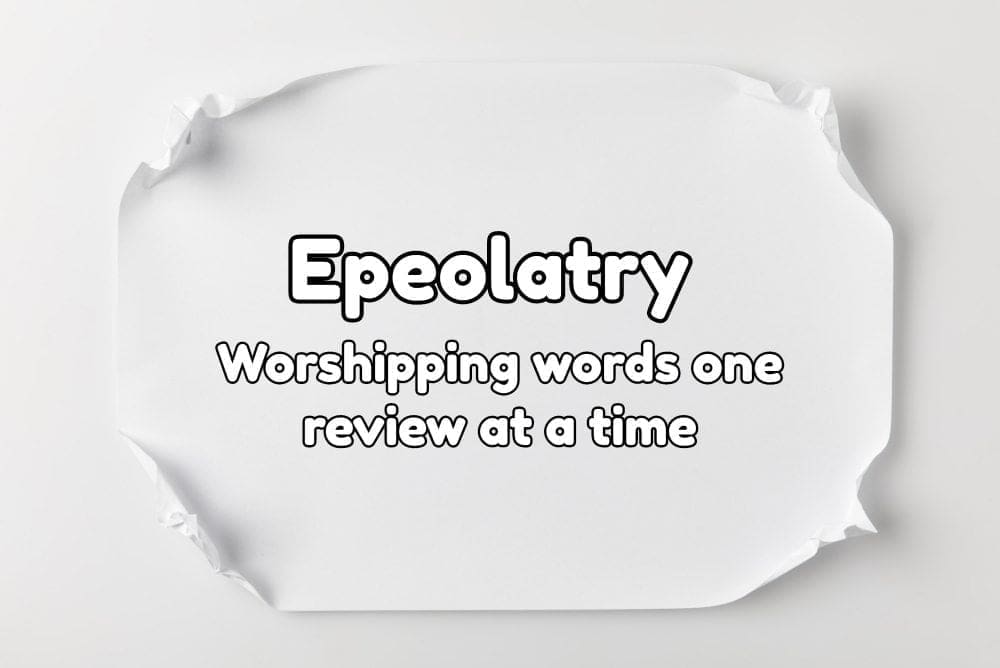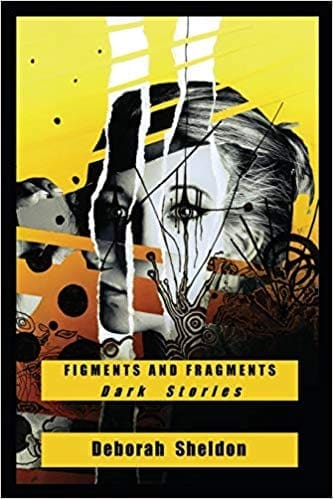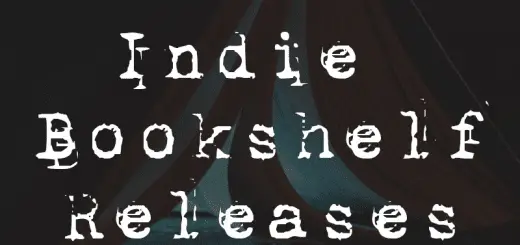Epeolatry Book Review: Figments and Fragments: Dark Stories

Disclosure:
Our reviews may contain affiliate links. If you purchase something through the links in this article we may receive a small commission or referral fee. This happens without any additional cost to you.

Title: Figments and Fragments: Dark Stories
Author: Deborah Sheldon
Genre: Horror
Publisher: IFWG Publishing Australia
Release Date: 18 November 2019
Synopsis:
Brutal. Compelling. Sinister.
From wheat farms, roadhouses, caravan parks and beaches to quiet suburban streets and inner-city apartments, award-winning author Deborah Sheldon tells distinctly Australian stories about violence, loss, betrayal and revenge.
Figments and Fragments includes three new stories written especially for the collection.
“He was wearing a balaclava, but you didn’t have to see his face to know he was dead.”
This is the latest collection from Australian award winning author Deborah Sheldon. There are about 35 short stories here including some flash fiction (i.e. pieces under 1000 words). Some of the short stories have been published elsewhere, revealing an impressive range of magazines and anthologies in Deborah Sheldon’s CV but there are three new stories written just for this collection as well.
I first came to a Deborah Sheldon novel when I read and reviewed (for the Horror Tree site) her bio-horror novella Thylacines which I hugely enjoyed and so I became a fan of her fiction.
It is always an enjoyable experience to venture into her fictional worlds, conjured up so vividly and so succinctly in these shorter pieces.
These are dark tales, which step into the underbelly of society and the fringes where folk scurry around to make a buck. They are set in hospitals, the outback, (the powerful punch to the gut opening story Basket Trap), on wheat farms, on roads in cars, in caravan parks (the bitter sweet The Sequinned Shirt where the past is a trap and the present is pretty grim too), in roadhouses, in urban offices (the clever twisting Cash Cow where comeuppance is brutal and final) and on the beach.
Deborah Sheldon is adept at drawing you in, writing fast, furious dialogue, making you smell and taste the landscape and the characters’ sweat, taking you on a journey with the lost, the displaced, the broken, the runaways, the misfits and the mad, who populate the pages. Many of her characters are in transition, running away from their dangerous past.
I did say the tone was dark.
This is not always the most comfortable of reads, be prepared to be challenged even disturbed by some of the narratives. There is violence and not many happy endings to be found, though there is some delicious dark humour to be savoured.
But the characters leap off the pages, real, flesh and blood, smoky and smokin’ hot sometimes. You might not want to meet up with them but in these stories you can hang out and still be safe.
My personal favourites – tough call but – the opener Basket Trap, took my breath away; it’s about one woman’s fight for survival in the outback in brutal circumstances, with whole back stories evoked in one sentence. Man with the Suitcase (reminiscent to me, of Donald E Westlake, author of The Hot Rock) in tone, and is a smartly written, slick caper story which reads like a mini movie and pays rereading for its twists and turns and White Powder set around an air plane journey, simply because it was funny and made me laugh.
Definitely worth buying and dipping into.
Bonus Content!
Deborah Sheldon shares a little of her thoughts behind the creation of the collection.
‘I chose the title Figments and Fragments because the collection largely comprises stories based on figments of my imagination or memory fragments.
This is my go-to technique for coming up with story ideas: allowing something to germinate. Something small. An image from a bad dream, perhaps, or a snippet from a painful event in my past. A strong, disquieting emotion that won’t ease up. An overheard conversation. I hold onto the figment or fragment and allow my subconscious to work on it for a while. More often than not, a story begins to form.
I think writers are, by definition, troubled souls! Fiction is about conflict and this is true for every genre, even upbeat ones such as romance. Like many writers, I’m drawn to the exploration of what it means to be human. I just explore it from the “glass half-empty” perspective.
Emotion is the universal human experience. It’s the common language we share, regardless of sex, age, nationality, ethnicity, culture, socioeconomic status or any other kind of identification label. Writers strive to put emotion into words. As readers, that’s what we look for in fiction; the shared experience of emotion, the mutual understanding, the reassurance that we’re all in this thing together.
Dark fiction digs beneath the social façades, the pleasantries, the polite smiles. I believe that horror, crime and noir are the most authentic genres of all.’
5/5 stars












Wow, this is a terrific review. Thanks so much.